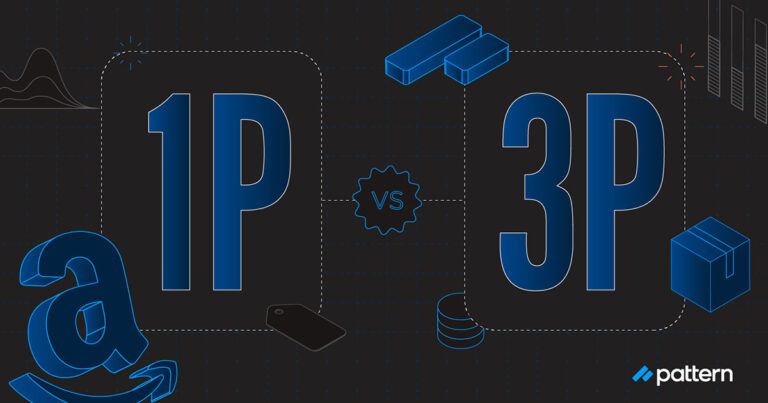COVID-19 has radically changed business as usual, and one area where this is especially apparent is ecommerce. Brands with products in categories like health and wellness have flourished under the skyrocketing demand for their products. Others, however, have seen their profits plummet as a result of decreased demand and putting all their eggs in a single-channel basket like Amazon, which buckled under massive order volume at the onset of the pandemic and is still struggling to keep up inventory with demand.
In light of COVID-19, brand diversification has become more important than ever. Not only can it help your brand compete, but diversification can help your brand weather many of the storms that may come its way.
What diversification looks like
There are two main types of diversification that can be used to strengthen an ecommerce brand: product diversification and platform diversification.
Product diversification
Because markets fluctuate, brands that sell one product may be at risk if that product falls out of demand. With COVID-19 related travel restrictions and financial insecurity, for example, the demand for luggage and luxury goods has plummeted, harming brands that sell in those categories.
Through product diversification, brands can expand into complementary or related product categories, creating opportunities to cross-promote products, stand out amongst competitors, and widen their portfolio. An example of product diversification is for a computer company to start selling other electronics to their consumer base, like gaming consoles.
Platform diversification
Leveraging more than one ecommerce channel platform (like a D2C website, Walmart Marketplace, eBay, Etsy, etc.) is another type of diversification. By diversifying the platforms you sell your product on, you can get that product to different target audiences and avoid the risks that come from being at the whim of one company.
Why diversification matters
We’ve touched on some of the reasons why diversification matters, but it’s worth a deeper dive to understand how it can strengthen your business.
Diversifying keeps you competitive
Let’s say you only sell products on Amazon. You probably know that Amazon is saturated with competition. You’re competing against grey market sellers, companies with similar products, and even Amazon itself—Amazon’s private label products have created many challenges for sellers. Diversification is one way to help your brand stand out.
Selling on platforms like Walmart Marketplace or Shopify in addition to Amazon can help you access different markets where people are more likely to notice your brand while retaining traffic and sales from Amazon.
Diversifying your product on Amazon can also help you compete. If you offer a unique bundle at a great price that other brands aren’t offering, for example, customers may be more attracted to your product.
Diversification keeps your business safe from unforeseen risk
Because of COVID-19, Amazon made the choice this spring to prioritize essential and high-demand products, creating panic and massive headaches for third-party FBA sellers. Transportation, supply chain, purchasing, and third-party processing were dramatically affected.
No new inventory was allowed to be shipped to Amazon, which opened the door for stock-outs of products that continued to sell. Brands in global marketplaces on Amazon also saw delivery estimates on their products increase to 30-days out.
The question still remains of how FBA services will operate in an anticipated second wave of the pandemic—earlier this month changes on Amazon’s Inventory Performance Index were announced that will limit distribution for sellers scoring below 500. Those changes go into effect on August 16, 2020.
By diversifying your business, you can avoid many of the risks that come from depending on a single channel like Amazon that can change the rules overnight or a single product that may not sell.
Diversification protects your brand from policy violations
It doesn’t take a pandemic or national emergency to bring down a single-channel business, especially if that single channel is Amazon.
Amazon’s strict seller policies protect consumers from fraud, and Amazon actively suspends accounts in violation of these policies. Unfortunately, even the best of sellers can end up with their account suspended. This could be a result of poor reviews, chargebacks, A-to-Z claims, or cancellations. Suspension can also happen when vendors intentionally or unintentionally violate selling policies or restricted product rules.
If you only sell your products on Amazon and end up getting your account suspended, your business practically ceases to operate until you get that suspension appealed, and that can be devastating to your sales.
By diversifying your platforms and your products, you give your business space to breathe in case of emergency and space to thrive. To learn about how you can diversify your business and expand to growing ecommerce markets and countries, contact a Pattern representative below.





